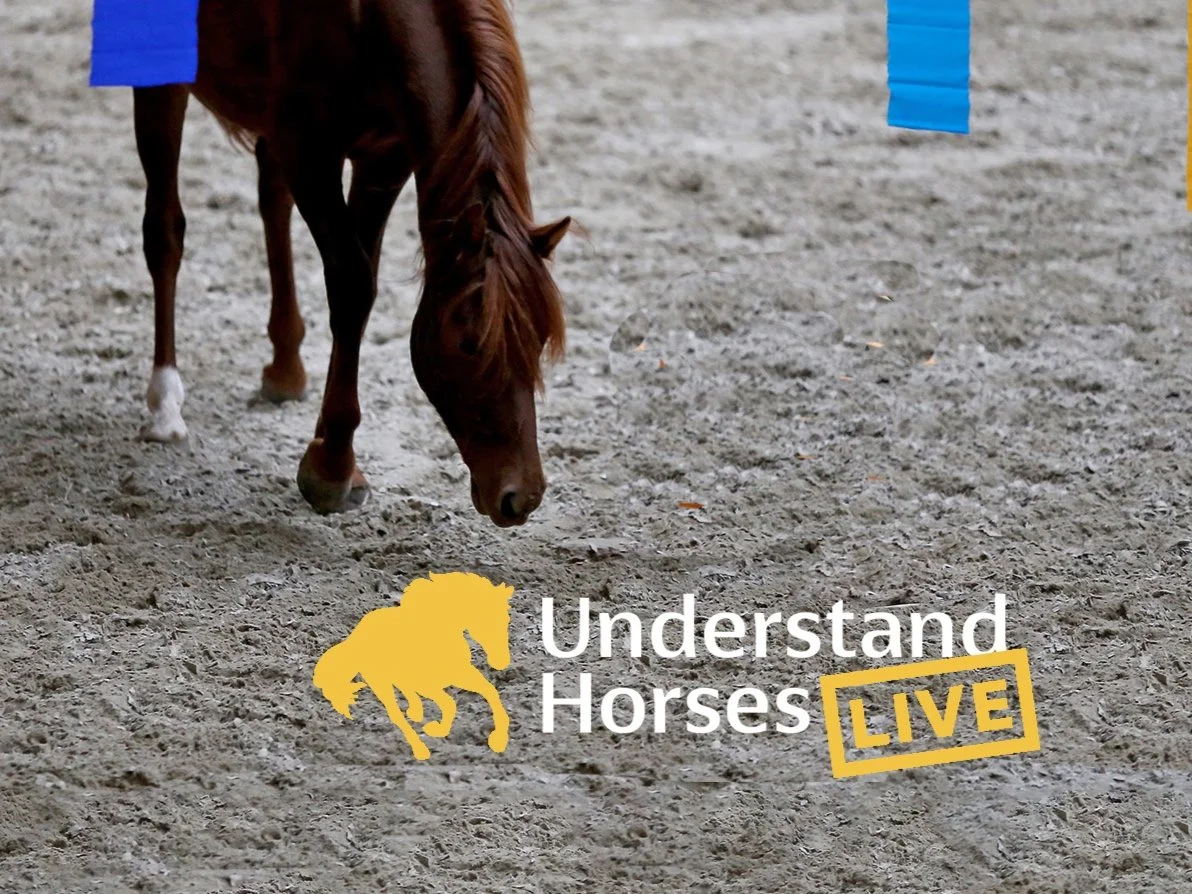Many horse people sense it. Now, recent research provides more evidence that yes — when a companion horse dies, many horses exhibit grief-like responses that can last for months.
Read MoreA recent study interviewed riders, trainers, and coaches from the UK, Canada, and the US to explore what equestrians think about performance horse welfare — and why some practices that compromise welfare are still defended.
Read MoreNew research has shown that horses display different facial expressions and behaviours depending on whether they are anticipating a positive or a negative experience.
Read MoreI’m sure we all know some horses that become upset if their feed isn’t served on time, but maybe that’s with good reason.
Read MoreResearch has found that horses moved from group housing to individual stabling showed changes in their white blood cell counts and plasma cortisol levels.
Read MoreI’m sure most horse owners will realise their horse is keen to approach some environments, and reluctant to approach others, but this preference is not often considered as part of a training plan.
Read MoreA horse’s “no” can be easy to miss — it might show up as hesitation, tension, resistance, or avoidance. Some horses hardly ever say no, often because past experiences have taught them that speaking up leads to increased pressure or discomfort.
Read MoreDo you own a horse to use / ride / breed from / compete and then sell on when they don’t suit you any more, or will they stay with you for life?
Read More"How these horses are kept and trained is so different to what a horse needs from an ethological perspective, there is always going to be a risk of these unwanted consequences."
Read MoreAre you aware of the subtle signs your horse might be trying to tell you there is something wrong? When horses feel stressed or experience pain or discomfort the signs may not always be obviously apparent.
Read MoreStress can be defined as the body's reaction to mental or physical pressure. Some stress is useful in a horse’s life to protect them from potential danger and allows a horse to learn and adapt to their environment. However, too much stress can cause a negative impact to their health and well-being.
Read MoreI think we all know the answer is yes! However in 2009, Swedish researchers investigated this subject with a very clever study design and I have just come across it again.
Read MoreAs a quick experiment I asked an AI bot to tell me what it thought about the dangers of misunderstanding horse behaviour, and how that would affect horse welfare and safety. The text below is what was generated. Really interesting and not a bad start!
Read MoreEquine behaviour consultant Alice Campbell has written a great article looking at the ethics of using dominance-based techniques to train horses.
Read MoreI often hear "If he didn't want to, he wouldn't do it”. It is clear many people don’t recognise the subtle (or even not-so-subtle!) signs of stress or fear in horses and they believe that if their horse didn’t want to do something there is no way anyone could make them, but it is not that straightforward.
Read MoreI am very proud to say that I am now a Fear Free® Certified professional, after passing the equine specific Veterinary Certification Programme. I think the Fear Free Certification is a fantastic initiative and something all vets, vet nurses, technicians and trainers should be using and supporting in practice.
Read MoreA new German study has confirmed that horses do use tools, however the researchers say this is a rare phenomenon. The research team have identified 13 unambiguous cases of tool use in equids by twelve horses and one mule.
Read MoreI am pleased to announce that I will be giving a lecture and a demo at Understand Horse Live at Writtle University College, Essex on 3-4 September 2022.
Read MoreThis is Magic, who was previously very anxious when he was tied up. His lovely owner Jen has been working on retraining him to stand when tied and has shared this great idea for making the process more fun and rewarding for him.
Read MoreCannabidiol (CBD) is a nutraceutical that is increasingly being used to relieve pain and to treat a number of common ailments. It has been shown to decrease anxiety in humans and small animals, but there has been very little research on its use with horses. A recent study has looked at the effect of feeding a pelleted CBD supplement on equine reactivity and heart rate.
Read More



















